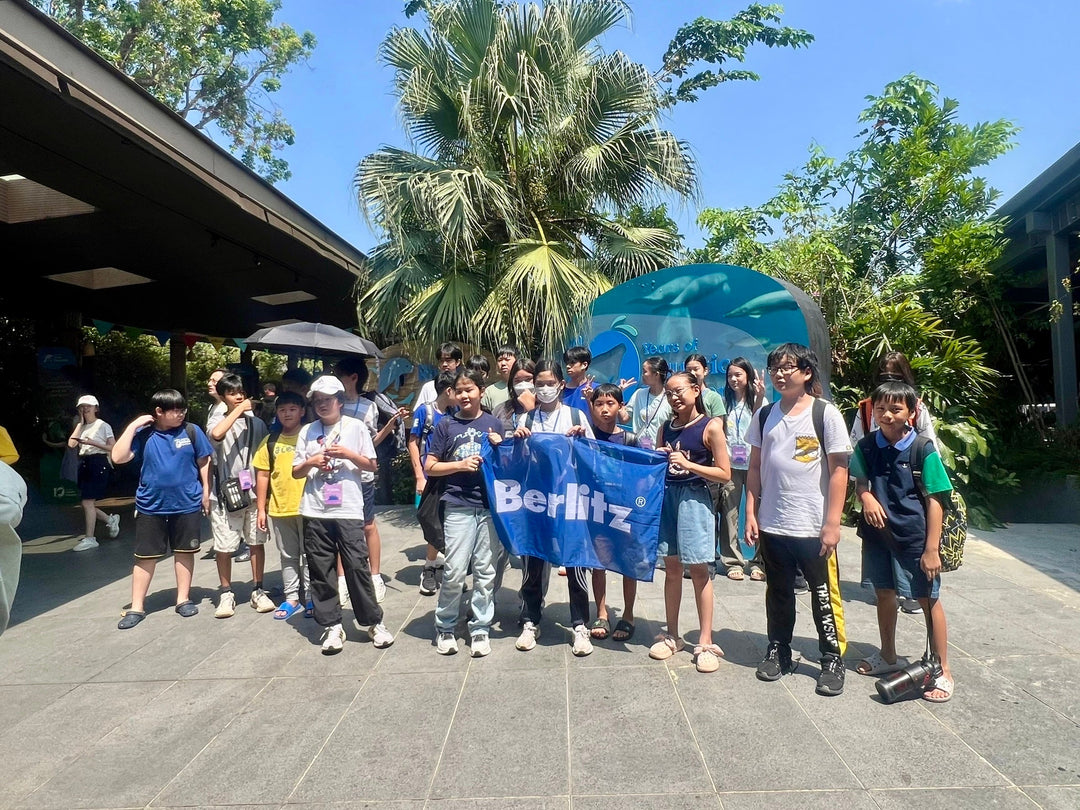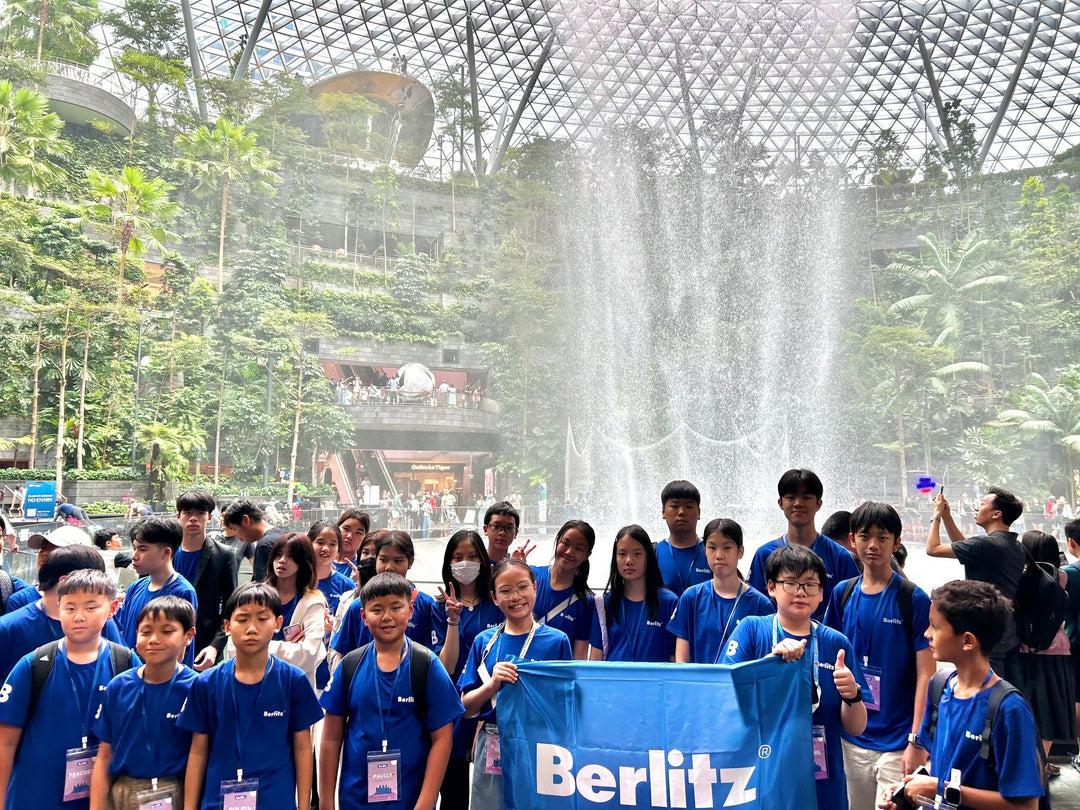Vietnam's Working Culture: Tradition, Innovation, and Success

Vietnam, a captivating Southeast Asian nation, is not only known for its picturesque landscapes and vibrant culture but also for its distinctive working culture. With a blend of traditional values and a rapidly evolving economy, Vietnam's working culture reflects a society that embraces hard work, collaboration, and adaptability.
In this blog, we will dive deep into the working culture of Vietnam, exploring its key aspects, its impact on the workforce, and how it contributes to the country's ongoing progress.

1. A Strong Work Ethic:
It is rooted in a strong work ethic deeply embedded in the nation's cultural heritage. Shaped by Confucian values, such as respect, loyalty, and diligence, Vietnamese employees are renowned for their dedication and perseverance. Whether in traditional industries, emerging sectors, or entrepreneurial ventures, individuals in Vietnam take pride in their work, aiming for excellence and contributing their best efforts. This work ethic creates a productive and motivated workforce, essential for Vietnam's economic growth.
2. Harmony and Collective Spirit:
Vietnamese working culture emphasizes harmony, teamwork, and a collective spirit. The concept of "Gia Đình" (family) extends beyond blood relations to the workplace, where colleagues often develop close-knit relationships akin to family bonds. Cooperation, collaboration, and shared responsibility are highly valued, fostering a sense of camaraderie and unity within teams and organizations. This collective mindset encourages individuals to support and rely on one another, driving productivity and creating a positive work environment.

3. Respect for Hierarchy:
Respect for the hierarchy is deeply ingrained in Vietnamese society and influences the working culture. The Vietnamese workplace typically follows a hierarchical structure, with clear lines of authority and decision-making. Employees respect and defer to their superiors; seniority is acknowledged and honored. This hierarchical structure promotes discipline, order, and efficient communication within organizations. While the modern workplace may adopt more egalitarian strategies, Vietnamese business culture still highly values respect for hierarchy.
4. Adaptability and Flexibility:
Vietnam's journey from an agrarian society to a dynamic, market-oriented economy has required its workforce to be adaptable and flexible. Vietnamese workers possess a remarkable ability to embrace change, learn new skills, and quickly adapt to evolving technologies and industry demands. This adaptability is a result of the country's rapid economic transformation and the resilient spirit of its people. As Vietnam continues to attract foreign investment and expand its global presence, this flexibility is a valuable asset in navigating the challenges of a rapidly changing business landscape.

5. Balancing Tradition and Modernity:
Vietnam's Culture of Work successfully combines tradition and modernity. While the country embraces technological advancements and global business practices, it also cherishes its cultural traditions and customs. Traditional values, such as respect for elders, ancestral worship, and observance of important dates and festivals, are intertwined with contemporary work practices. This delicate balance allows Vietnamese professionals to maintain a strong connection to their heritage while embracing the opportunities presented by globalization and modernization.
Vietnam's working culture is a fascinating blend of tradition and modernity, characterized by a strong work ethic, collective spirit, respect for hierarchy, adaptability, and a harmonious balance between tradition and progress. This unique combination fuels Vietnam's economic growth and positions the country as a competitive player in the global market.
By understanding and appreciating Vietnam's working culture, individuals and organizations can effectively navigate the business landscape, forge meaningful connections, and unlock the vast potential that this vibrant nation offers.




